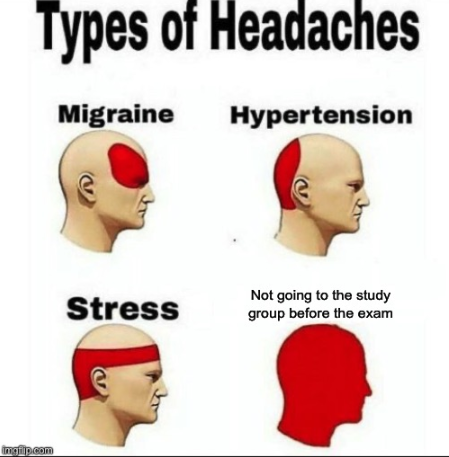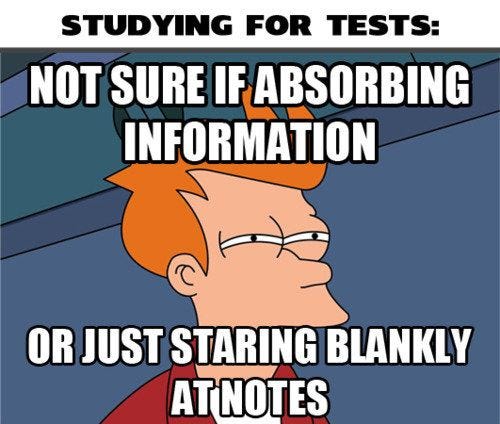By Makayla Rosenbery
Survival value (also known as adaptive value and connection to survival processing) is understanding memory and how memory is used to survive which leads to survival processing that encodes items into our memory(1)! Survival value leads to enhanced memory by relating words to situations that others have not experienced (the apocalypse!!!) This works because when we relate words to our survival, we are linking to something meaningful that will stick in our minds(2). In cognitive psychology, survival value refers to the adaptive benefit of certain cognitive processes or behaviors that assist one’s survival.
Continue reading “Survival of the Studious”


